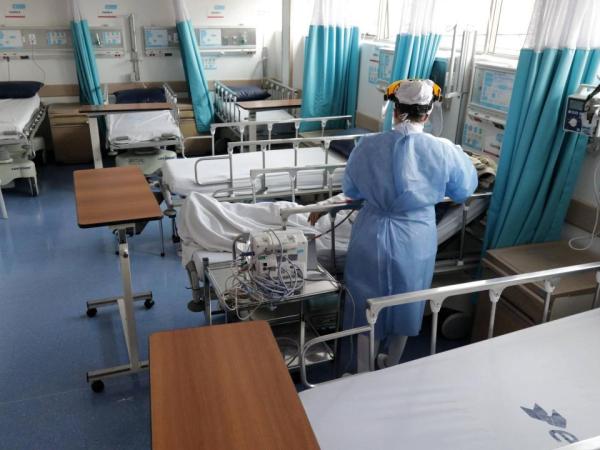UN Human Rights asked the Chilean authorities to modify the bill on police protection that is being discussed in the National Congress, the so-called Nain-Retamal Law, to “harmonize” it with its international human rights obligations.
The project, currently under review by the Senate, raises provisions on the privileged legitimate defense of the police that “do not conform to international human rights law,” said the head of UN Human Rights in South America, Jan Jarab.
You may also like:
The international organization empathized with Chilean society and the police forces for the human losses they have suffered in their tasks against crime, such as the case of the posthumous major sergeant Rita Olivares, and stressed the importance of police work based on human rights. In turn, he pointed out that some project proposals do not provide an adequate response to the challenges faced by the police in the country.
“Security is a human right that the State must guarantee, and for this the work of the police is essential. But the legitimate objective of strengthening the fight against crime cannot open spaces for new human rights violations or impunity,” he warned. the representative.
The UN considers that it is not necessary to point out that “privileged legitimate defense” will enable the use of lethal weapons, since the police already have this power. Jarab explained that “instead of providing the police with more effective tools for their function, the proposal reduces accountability, hindering access to justice for victims of eventual abuses and favoring impunity.”
In particular, the United Nations is concerned about the introduction of a “subjective criterion” of the official for privileged legitimate defense that would apply in cases involving two or more people. “This is especially problematic in the context of protests, where the use of lethal weapons is highly risky,” the representative said.
For UN Human Rights, the proposal would also disproportionately affect individuals or groups with less access to resources and legal assistance, by placing the burden of proof on the victims and relatives of cases where an improper use of force is investigated.
Jarab’s office welcomed the indication presented by the Executive led by President Gabriel Boric to delete the article on privileged legitimate defense from the project, and urged the authorities to privilege participatory dialogue in the discussion of the security agenda for the country.
“We regret that a project with such an impact on human rights was processed in an accelerated manner in the Chamber of Deputies, without the participation of independent specialists or civil society. We encourage the Senate to dedicate the necessary attention to this discussion and to listen to different actors, with a view to ensuring that the result is compatible with Chile’s international obligations on human rights”, he stressed.
It should be noted that UN Human Rights carried out an analysis of the bill in light of international standards. The document was forwarded to the Senate and other entities with a human rights mandate at the national and international level. See the document here.








